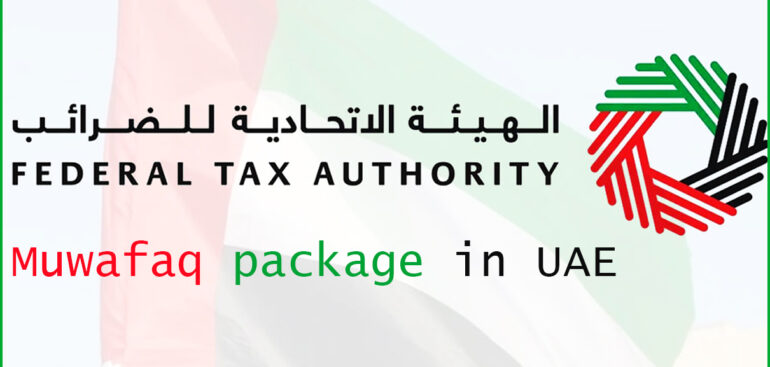Navigating the intricacies of accounting can be challenging for small and medium-sized businesses (SMBs) in the UAE. From managing cash flow to staying compliant with regulations, SMBs encounter various hurdles that impact their financial health.
Therefore, to help SMBs flourish financially within the UAE, we delve into the top five accounting challenges they face in this blog. Moreover, we’re also going to offer insights and solutions to overcome them.
Common Challenges Faced by SMBs in UAE
1. Cash Flow Management
One of the primary challenges SMBs in the UAE face is managing cash flow effectively. Cash flow fluctuations can disrupt business operations, leading to missed opportunities and financial instability. From delayed payments to unpredictable expenses, SMBs must adopt the best way to manage cash flow & use proactive strategies such as implementing cash flow forecasting tools and maintaining a robust invoicing and payment system to ensure optimal cash flow management.
2. Compliance with Tax Regulations
Navigating the complex landscape of tax regulations in the UAE can pose significant challenges for SMBs. With frequent updates and changes in tax laws, ensuring compliance becomes a daunting task. SMBs must stay updated on tax obligations, including VAT tax accounting & all Value Added Tax (VAT) requirements, tax filing deadlines, and withholding tax regulations. Seeking guidance from experienced accounting professionals can help SMBs easily navigate tax compliance and avoid potential penalties.
3. Bookkeeping and Record Keeping
keeping accurate and up-to-date financial records is crucial for SMBs to track their financial performance and make informed decisions. However, inadequate bookkeeping practices often lead to errors and inefficiencies. SMBs struggle with organizing financial data, reconciling accounts, and generating timely financial reports. Implementing cloud-based accounting software and outsourcing bookkeeping services can streamline the bookkeeping process, ensuring accuracy and efficiency in financial record-keeping.
4. Managing Business Growth
As SMBs in the UAE strive for growth and expansion, they encounter accounting challenges associated with scaling their operations. Managing increased transaction volumes, expanding the workforce, and exploring new markets requires robust accounting systems and processes. SMBs must invest in scalable accounting solutions that can accommodate growth, automate repetitive tasks, and provide insights to support strategic decision-making. Moreover, if you’re looking for how to start a business in Dubai, we recommend contacting experts such as Profits Plus.ae.
5. Access to Skilled Accounting Professionals
Finding and retaining skilled accounting professionals is a common challenge faced by SMBs in the UAE. With competition for talent and limited resources, SMBs often struggle to recruit qualified accounting professionals who can navigate complex financial matters. Outsourcing accounting services to reputable firms like ProfitsPlus can provide SMBs with access to a team of experienced professionals who offer specialized expertise and support tailored to their unique needs.
Conclusion
While accounting challenges may seem daunting, SMBs in the UAE can overcome them with the right strategies and support. By prioritizing cash flow management, staying compliant with tax regulations, implementing efficient bookkeeping practices, preparing for business growth, and leveraging professional accounting services, SMBs can navigate the complexities of accounting with confidence and drive financial success. You can always rely on ProfitsPlus.ae for assistance in this process.







